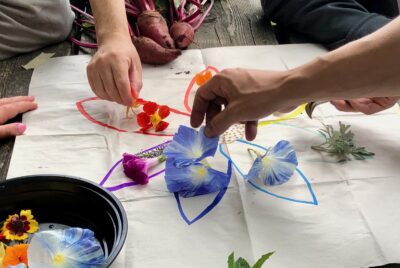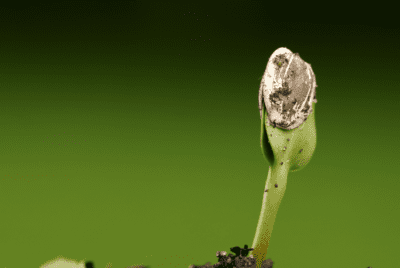RESEARCH
Psychological and Physical Connections with Nature Improve Both Human Well-Being and Nature Conservation: A Systematic Review of Meta-Analyses
Summary
This research paper provides a big picture look at how our connection to nature affects both our well-being and how we act towards the environment. The researchers did this by examining 16 previous studies that themselves looked at many individual research projects (a total of 832 independent studies). These 16 studies, called meta-analyses, used scientific methods to combine the results of lots of research on topics like how much people feel part of nature (psychological connection) and how often they spend time in natural places (physical connection). The researchers in this review paper searched through scientific databases for these meta-analyses, making sure they were high quality and looked at either the impact of nature connection on people’s health and happiness or on actions that help protect nature.
The review included meta-analyses that looked at both experimental studies, where researchers actively changed people’s connection with nature to see what happened, and correlational studies, which looked for existing links between nature connection and well-being or pro-environmental behavior. The researchers in this review gathered information from these 16 meta-analyses about the people studied (like their age and where they lived), the type of connection with nature they looked at, and what outcomes they measured, such as mental health or environmentally friendly actions. By putting together the findings of all these meta-analyses, the researchers aimed to give a strong overview of the relationship between humans and nature.







